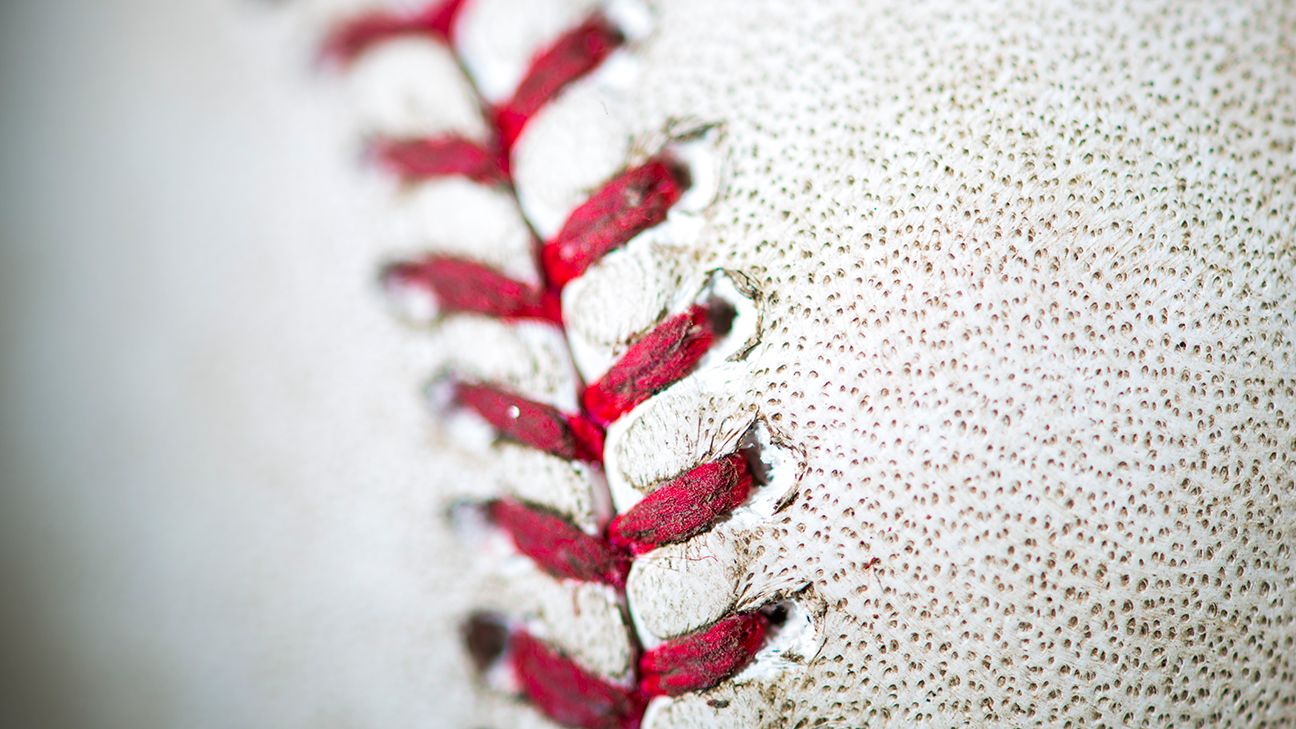Some major league baseball players are hoping for tweaks to the health proposal recently offered up by the league as the sport continues its discussions for a restart. Mostly, players want to know whether some in-stadium and clubhouse restrictions can be loosened based on frequent testing for the coronavirus.
“The daily testing, I’m a fan of, to quickly determine our status every day,” St. Louis Cardinals infielder Paul DeJong said this week. “But given that, I’d like to see the freedom operating in the clubhouse and on the field.”
MLB’s protocols inside team facilities call for major changes to what used to be normal routines. From no spitting or even showering at the field, to the discontinued use of equipment for recovery — such as hydrotherapy pools and cryotherapy chambers — many aspects of day-to-day life would change. Even team buffets could be banned.
“Not getting to use any of the facilities that help recover our bodies is going to be a problem,” Miami Marlins pitcher Brandon Kintzler said.
One player, who requested anonymity given the sensitive nature of the topic, asked, “If we all test negative, why do we have to use separate baseballs?”
That’s the crux of these players’ argument: If anyone entering the ballpark who will have contact with the players has tested negative — including the players themselves — why all the protocols? They argue the virus can’t spread where it doesn’t exist in the first place.
Jessica Metcalf, an expert in infectious disease dynamics at Princeton University, explained that risk remains because the tests are not perfect.
“Somebody could still be infected, even if everyone has tested negative,” Metcalf wrote in an email. “One infected person could result in many new cases. There have been many ‘superspreading events’ associated with this infection to date.”
Experts also say using the least invasive and quickest testing methods could result in false results.
“One infected player who gets into the bubble can get spread it to the whole team without these safety provisions,” one league source said.
While some believe the in-stadium protocols will be tough to maintain, there are others who are worried about the off-the-field regulations. The league is hoping for near-isolation on the road, but that might not be feasible. More than one agent expressed concerns about clients in their 20s.
“The toughest thing will be relying on the younger players to really contain their social circles to just teammates and immediate family,” one agent said. “Containing that circle of people is probably the most important part of the plan to make it work.”
DeJong, 26, who has a college degree in biochemistry, said the off-the-field protocols won’t be an issue for him. He’s more concerned with keeping baseball as much as it was before the pandemic.
“We’d all be willing to make sacrifices as far as risks away from the field,” he said. “If that means limited exposure outside the field and in the hotel and at home, then that’s what it has to look like. … I take care of myself off the field and eliminate my exposure and maximize my recovery. People will make sacrifices.
“Just the things inside the clubhouse we’d like to see intact as much as possible. … Not being in the indoor [batting] cage, using batting gloves, the sunflower seeds and spitting thing. What if I got dirt in my mouth? They’re silly but I understand where they are coming from.”
Another player, who also requested anonymity given the sensitive nature of the topic, expressed concern about individual responsibility when it comes to testing. The league wants players to at least take their temperatures on a daily basis.
“Anything that we need to do away from the ballpark, whether that’s remembering to take our own temperatures or being cooped up in a hotel,” he said. “At the park, we’ll be directed, but outside, it’s every man on his own.”
While there might be some potholes in the health proposal, none are big enough to derail the return of the sport, DeJong said. The economic discussions around a restart are bound to be a bigger issue going forward.
“There were a lot of good ideas,” DeJong said. “There were a lot of rules and infrastructure to get in place and enforce. … We’ll find the right mix. We can pull this off.”
